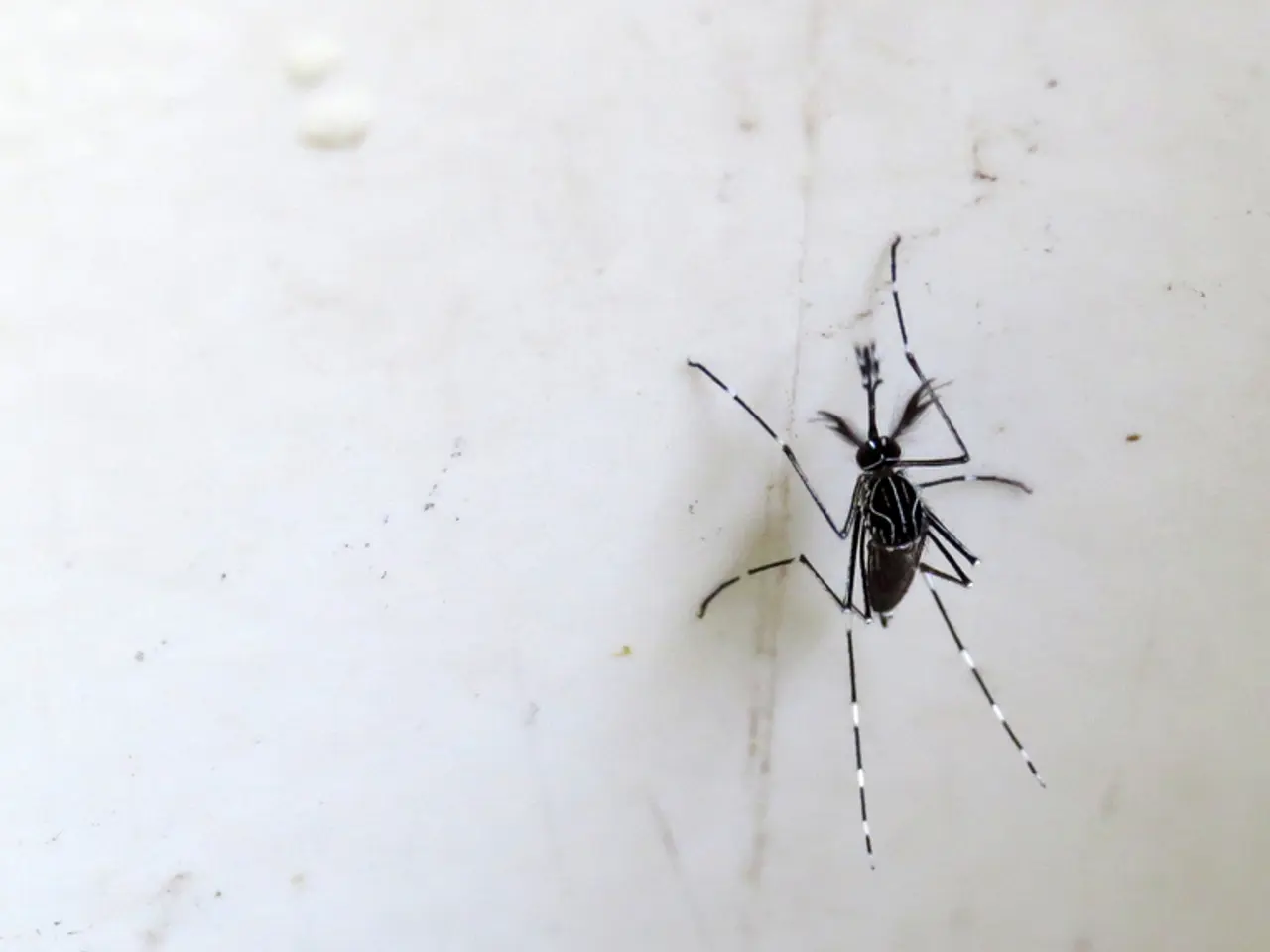Which field of study is more advantageous for achieving success in medical school: Health Science or Biology?
In the quest for a competitive edge in medical school applications, pre-med students often grapple with the decision between majoring in Health Science and Biology. Both disciplines offer distinct strengths and potential weaknesses for those pursuing a career in medicine.
For those opting for a Biology major, the alignment with medical school requirements is a significant advantage. Biology is the foundational science major that closely matches medical school prerequisites, covering essential topics such as cellular biology, genetics, human systems, and physiology - all heavily tested on the MCAT and featured in medical school curricula. Biology majors also typically complete multiple semesters of biology with labs, ensuring readiness for the scientific rigor of medical school.
However, Biology majors might have limited exposure to healthcare systems, ethics, or interprofessional collaboration unless they consciously add elective courses addressing these areas. Additionally, the traditional biology track may lack direct clinical or health system application courses, which can be useful for context and motivation in medical school applications.
On the other hand, a Health Science major can offer a competitive edge by providing a broader understanding of healthcare systems, ethics, and practical interprofessional experiences. Health Science programs often emphasize understanding healthcare delivery, ethics, health professions exposure, and collaborative care models, which are valuable for medical school interviews and demonstrate a broader understanding of healthcare.
Moreover, some Health Science majors offer tracks like pre-physical therapy, pre-nutrition, or customized healthcare leadership pathways, that could diversify a student's profile and illustrate interest beyond basic science. Many Health Science programs integrate experiential learning through simulations, student-run clinics, or interprofessional events, enhancing practical skills and clinical reasoning.
However, depending on the program, Health Science majors sometimes do not automatically include all core pre-med science courses (like organic chemistry or physics) required for medical school acceptance without extra planning. Additionally, the curriculum may emphasize applied health topics over deep biological sciences, which might be a disadvantage if coursework or MCAT preparation is insufficient.
In summary, if the goal is to maximize straightforward preparation for medical school prerequisites and biological sciences, a Biology major is generally preferable due to its direct alignment with medical school core science requirements and MCAT content. A Health Science major, however, can offer a competitive edge by providing broader healthcare system knowledge, ethical reasoning, and practical interprofessional experiences that may strengthen your application, particularly during interviews and clinical exposure. To be competitive, Health Science students must ensure they complete all required science courses for medical school, often through additional coursework or a minor in biology or chemistry.
Ultimately, either major can be successful for medical school admission, but students should focus on completing all required pre-med coursework, gaining relevant healthcare experience, and maintaining a strong GPA regardless of the major chosen. Both biology and health science can open doors to a fulfilling career in medicine. It's not just about the degree; it's about how you leverage your education to succeed in your future career.
- The health science major, with its focus on healthcare delivery, ethics, and interprofessional collaboration, may provide a competitive edge in medical school interviews, demonstrating a broader understanding of healthcare.
- In the health science major, students may find tracks like pre-physical therapy, pre-nutrition, or healthcare leadership pathways, which could diversify their profile and illustrate their interest beyond basic science.
- While the biology major aligns closely with medical school prerequisites and MCAT content, it might offer limited exposure to healthcare systems, ethics, or interprofessional collaboration, unless the student purposely adds elective courses.
- In order to be competitive for medical school admission, Health Science students must ensure they complete all required pre-med science courses, such as organic chemistry or physics, often through additional coursework or a minor in biology or chemistry.




